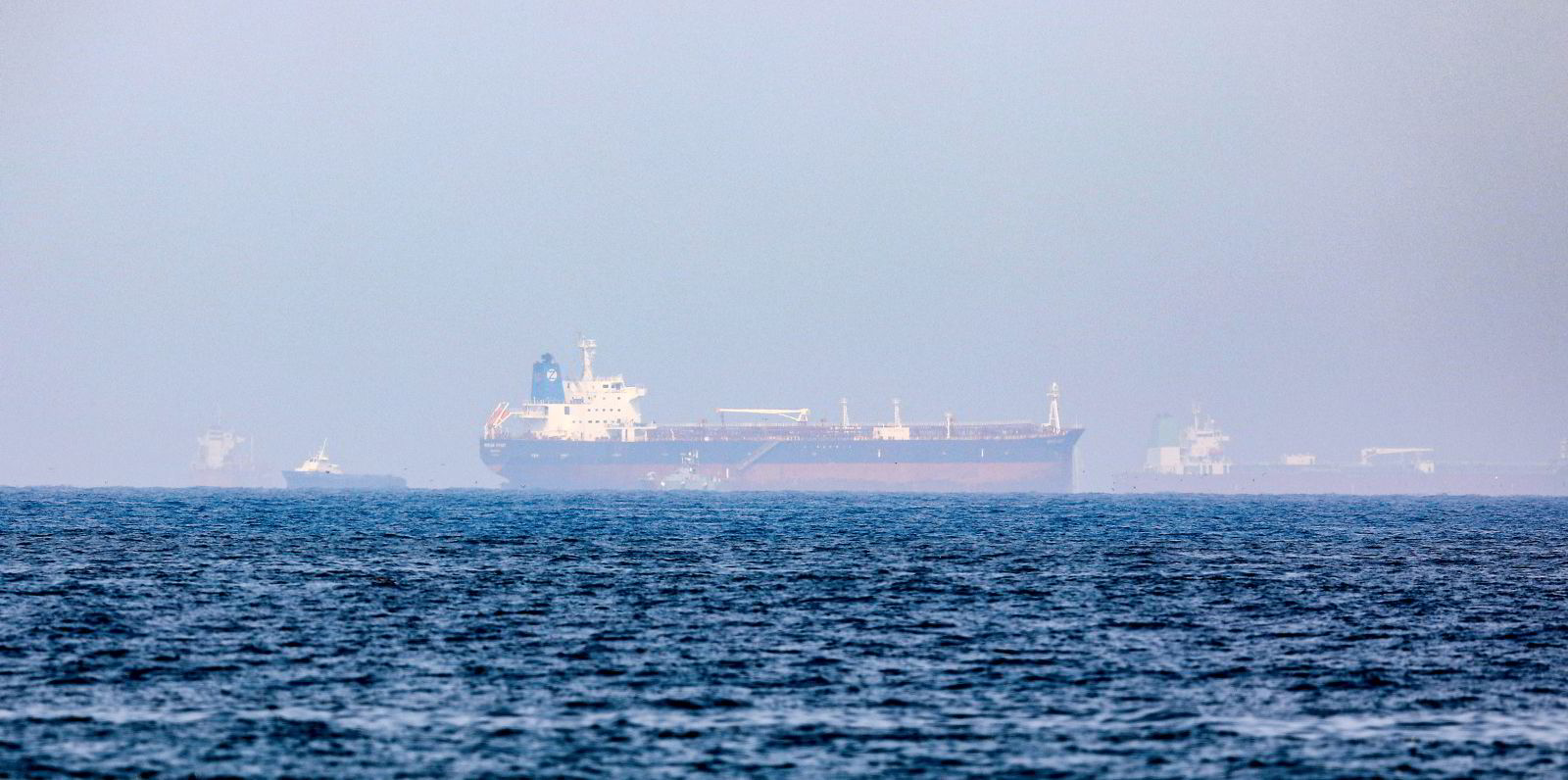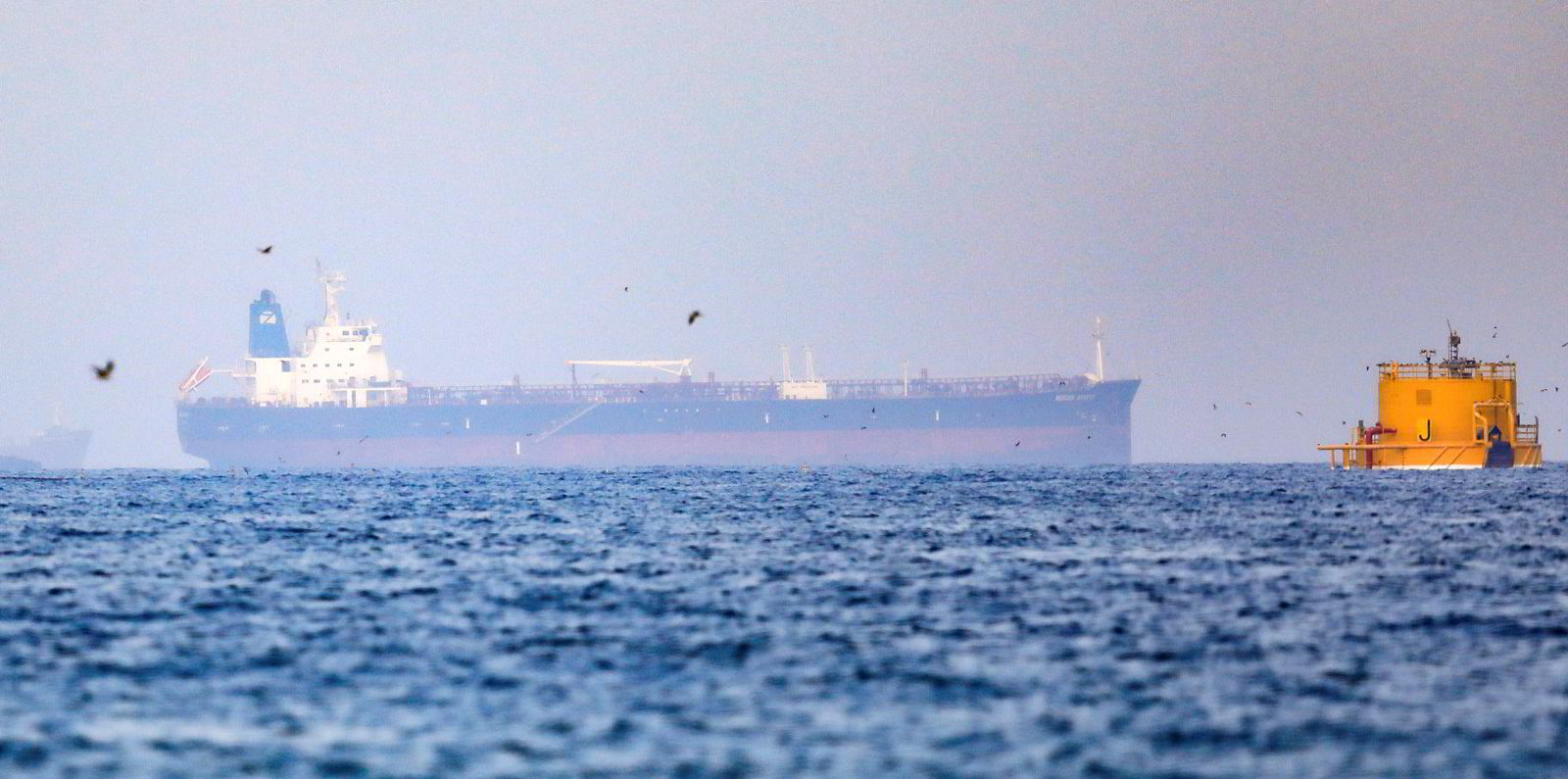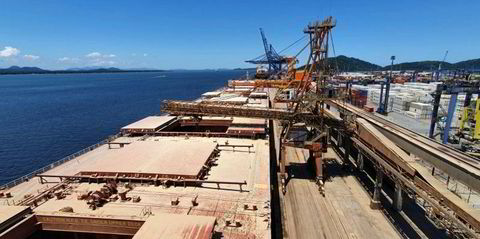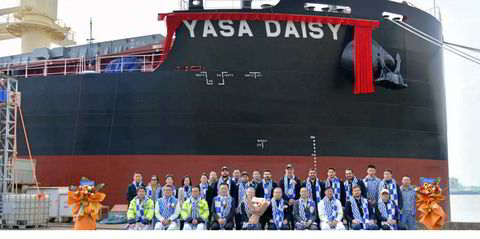The UK is operating under the assumption that a bitumen carrier was hijacked by Iranian forces in the waters east of Fujairah on Tuesday.
After the UK Maritime Trade Operations (UKMTO) said it was investigating a possible hijacking in the Gulf of Oman, sources told The Times newspaper that eight or nine armed men boarded and seized the 9,700-dwt Asphalt Princess (built 1976).
The attack comes four days after two were killed aboard the 49,992-dwt Mercer Street (built 2013) in a drone attack.
The incident was said to have occurred 113 km (61 nautical miles) east of the major bunkering hub at 4.30 pm local time (1230 GMT).
There has still been no official confirmation of the incident.
Iran foreign ministry spokesman Saeed Khatibzadeh told domestic media that the reports were false, after describing the situation as "suspicious" and an attempt to create a "vicious atmosphere to pursue certain political goals" earlier in the day.
Khatibzadeh went on to pledge naval support for vessels passing through the Gulf of Oman and the Middle East Gulf.
"In case of problems in navigation systems, the Islamic Republic of Iran is ready to provide assistance and investigate the matter closely," he said.
AIS questions
The Asphalt Princess is managed by Glory International, which shares a Ras Al Khaimah PO box with its registered owner, Asphalt Princess Shipping.
Glory International has yet to return a request for comment.
Rumours swirled after the UKMTO reported it was looking into an incident in the Gulf of Oman, with reports suggesting the impacted ship was either the Asphalt Princess or the 14,400-dwt product tanker Golden Brilliant (built 2010).
Both had their AIS data set to "not under command", but the Golden Brilliant's Singapore-based commercial manager, Golden Harvest Shipping Services, told TradeWinds the ship was not involved.
The Asphalt Princess was identified by maritime security consultancy Dryad Global, citing "unconfirmed reports" that it was the affected vessel.
It said the Royal Air Force of Oman had dispatched aircraft to the location of the incident.
Fearnley Securities said it is too early to draw conclusions from the incident, but it is possible to draw some parallels to the last time the US tried to tighten the screws on Iranian crude oil exports by sanctioning the Cosco fleet.
"It is also worth noting that new Iranian President Ebrahim Raisi has seemingly taken a tougher stance on the West than his predecessor," the Norwegian investment bank said.
Fearnley Securities believes the incident will most likely make the task of finding ground on a new nuclear deal more challenging.
Shadow war
The potential hijacking comes against a backdrop of increased attacks from Israel and Iran on each other's commercial shipping, called a "shadow war" by some and ratcheted up by Thursday's Mercer Street attack.
The Mercer Street is owned by a Japanese company but was operated by Zodiac Maritime, a firm owned by Israeli billionaire Eyal Ofer.
Israel, the US and the UK have blamed Iran for the attack, which killed one UK national serving as a security guard and the ship's Romanian master.
On Tuesday, the US threatened a "collective response", as the European Commission and the North Atlantic Treaty Organization issued statements condemning the incident.
Iran has denied any involvement and said any retaliation would be met with a "crushing response".
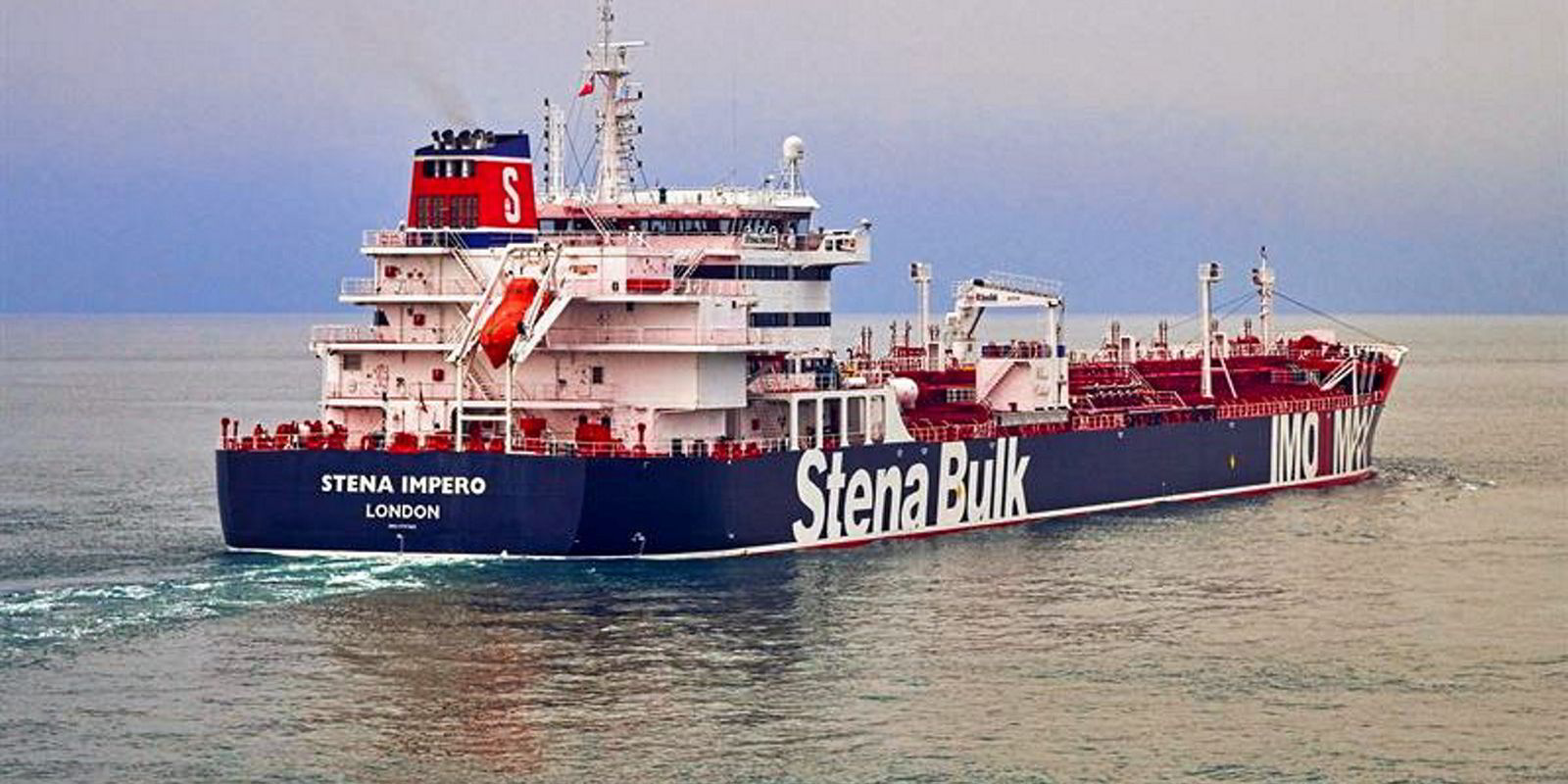
Past incidents
If the Asphalt Princess was indeed hijacked by Iran on Tuesday, it is reminiscent of several other incidents in recent years.
The highest profile among them was the detention of the UK-flagged, 50,000-dwt tanker Stena Impero (built 2019) for two months in the summer of 2019.
Iranian forces were also said to have briefly detained the 8,055-dwt tanker Wila (built 1997) last summer and seized the South Korea-owned, 17,400-dwt chemical tanker Hankuk Chemi (built 2020) in January.
All were ascribed to retaliation by Tehran, with the Stena Impero boarded and hijacked following the UK seizure of an Iranian tanker in Gibraltar thought to be headed to Syria.
The Wila incident was said to be retribution for its Greek ownership working with the US government to seize Iranian cargoes headed to Venezuela.
The Hankuk Chemi was widely believed to have been taken over the decision by South Korean banks to freeze billions in Iranian assets out of fear of US sanctions.
